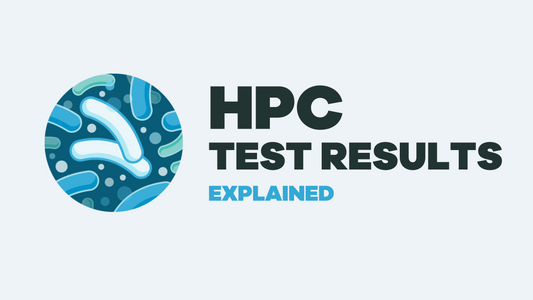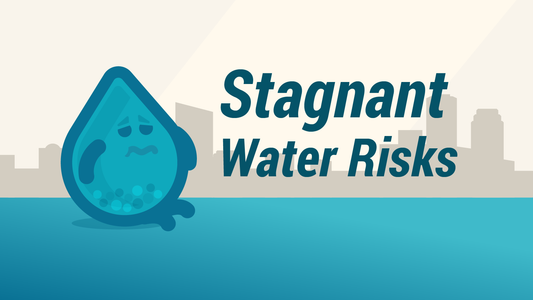
The Hidden Danger of Floods on Water Quality
Beyond the immediate chaos and destruction of mass flooding, floodwaters bring a host of other hazards. While suspended sewage and oil slicks are clear indications of contamination, it is always...

Beyond the immediate chaos and destruction of mass flooding, floodwaters bring a host of other hazards. While suspended sewage and oil slicks are clear indications of contamination, it is always...

How do hurricanes affect drinking water quality? Hurricanes, and the flooding that they cause, can make both private well and municipal water supplies unsafe to drink. Learn how hurricane flooding...

Does water quality impact fruits and vegetables? A guide to understanding how water quality impacts your vegetable garden, what type of water you should you use to water your produce,...

Shock chlorination is an affordable way to address contamination from coliform bacteria in well water. Read this detailed guide on the process

Can septic systems contaminate groundwater? This quick guide explores how to keep well water safe through proper septic tank care

Coliform bacteria in well water is one of the leading issues for well owners. Learn how to test your well for coliform and how you can keep your well water...

Discover the role of heterotrophic bacteria and the HPC test in water quality assessment. Learn about acceptable HPC levels, EPA regulations, and when to be concerned.

From temporary shutdowns like those related to COVID-19 to seasonal occupancy, long periods of reduced water use can lead to a variety of potential hazards when turning the tap back...